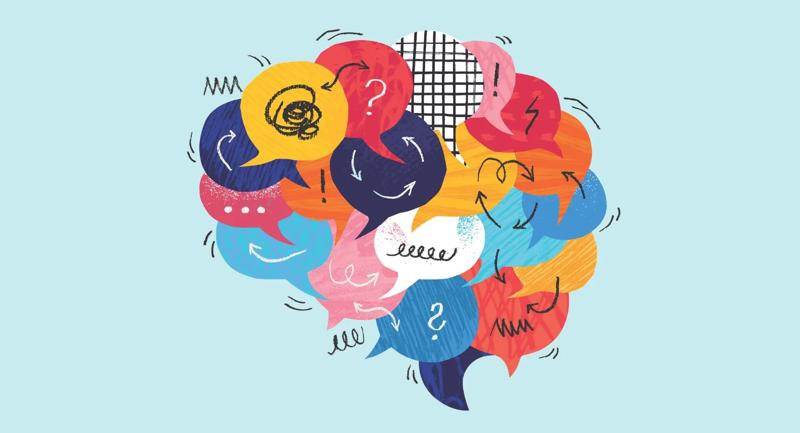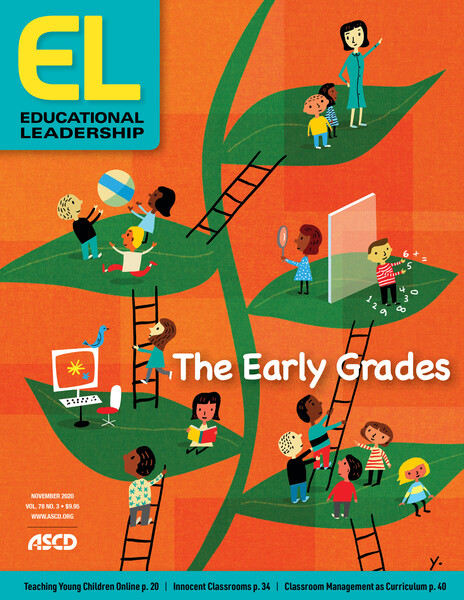Children learn at a faster rate during the first five years of their life than at any other time, developing cognitive and social and emotional skills that are fundamental to their future achievements and well-being throughout childhood and as adults.
Key Whole Child Indicators Related to Early-Grade Learning
Our school culture supports and reinforces the health and well-being of each student (Healthy, No. 1)
Our school integrates health and well-being into the school's ongoing activities, professional development, curriculum, and assessments practices (Healthy, No. 7).
Our physical, emotional, academic, and social school climate is safe, friendly, and student-centered (Safe, No. 3).
Our school teaches, models, and provides opportunities to practice social-emotional skills, including effective listening, conflict resolution, problem solving, personal reflection and responsibility, and ethical decision making (Safe, No. 7).
Our students feel valued, respected, and cared for and are motivated to learn (Safe, No. 4).
Our teachers use active learning strategies, such as cooperative learning and project-based learning (Engaged, No.1).
Our school ensures that adult-student relationships support and encourage each student's academic and personal growth (Supported, No. 3).
Each student in our school has access to challenging, comprehensive curriculum in all content areas (Challenged, No. 1).
To learn more about the Whole Child school indicators, visit www.ascd.org/whole-child. To join the Whole Child Network, go to www.ascd.org/wholechildnetwork.






